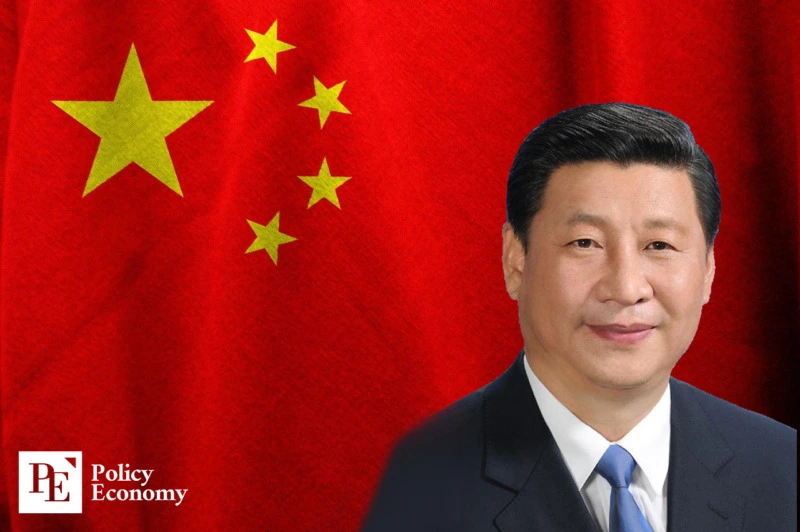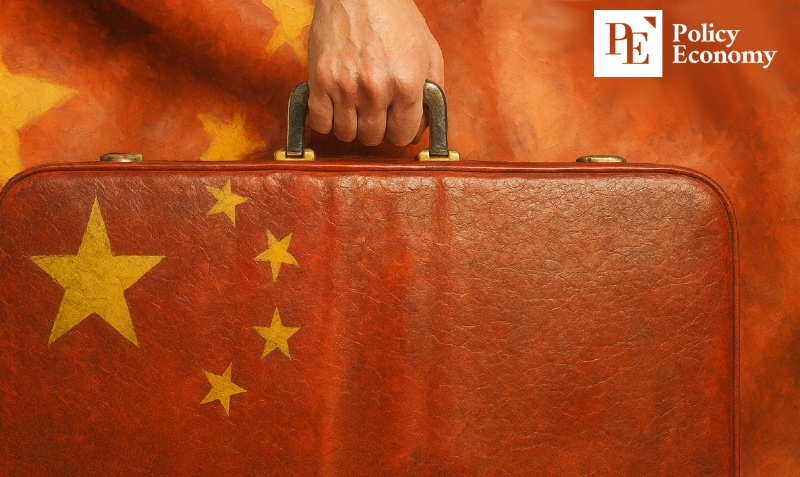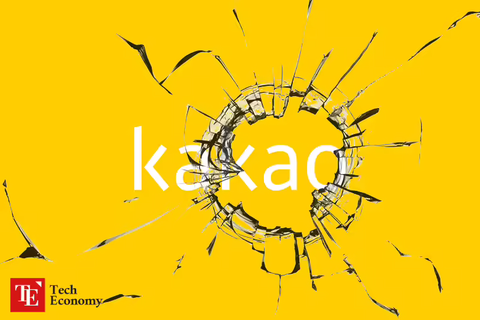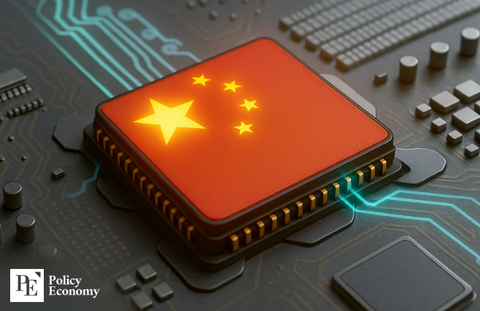Xi Jinping to Spend Entire Three-Day Visit in Gyeongju, Skipping Seoul Amid Public Sentiment
Input
Modified
Summit Plans Centered in Gyeongju, Canceling Seoul Stay
Past Criticism of China’s “Self-Interest” Dominated
Shift in Diplomatic Posture Could Affect Bilateral Ties

Chinese President Xi Jinping is set to visit Korea next month for the Asia-Pacific Economic Cooperation (APEC) summit in Gyeongju. Earlier uncertainty swirled when China abruptly canceled hotel reservations in Seoul, fueling speculation that the trip itself might be scrapped. Ultimately, Beijing confirmed a change of lodging arrangements instead, signaling sensitivity to Korean public opinion. Analysts note that while China has long been criticized for materialism and authoritarianism, the latest move reflects a shift toward considering public sentiment in host countries.
Seoul Stay Canceled, Public Opinion a Factor?
According to government officials on the 30th, Xi will visit Korea for three days from October 31 to November 1 to attend the APEC summit in Gyeongju. He will remain in Gyeongju throughout, holding both the Korea-China summit and the U.S.-China summit there. As China assumes the APEC chair next year, Xi is also expected to preside over the handover and announcement of the next host country. Gyeongju will thus serve as the focal stage of his trip.
Still, the format of the visit remains ambiguous. Should it be framed as an official bilateral visit, Beijing would be signaling its intent to strengthen ties with Seoul beyond APEC. But if it is presented strictly as attendance at a multilateral meeting, it can be seen as “merely happening to take place in Korea.” Within the Korean government, some advocated elevating the visit to the status of a state trip, but the idea was not adopted—suggesting that both sides are carefully calibrating diplomatic tone.
Attention turned to China’s abrupt cancellation of reservations at Seoul’s Shilla Hotel. Beijing had considered having Xi and his delegation stay there after the summit for additional meetings, but the booking was canceled on the 27th. Earlier, the hotel had informed wedding parties that their events would be canceled due to the state visit, but with the Chinese withdrawal, ceremonies were reinstated. This fueled speculation that Xi’s trip to Korea itself was off.
In the end, the adjustment proved to be about accommodations, not cancellation. With Xi’s stay in Gyeongju confirmed, the Shilla Hotel was no longer needed, and the canceled events were reinstated. Political observers widely view this as China taking domestic opinion in Korea into account. The cancellation of weddings had sparked public outrage, and Beijing appears to have moved quickly to avoid unnecessary controversy.
Criticism of China’s Limits as a Global Power
For years, global perceptions of China have been overwhelmingly negative. Despite rapid economic growth, the country has often been seen as driven by materialism and self-interest. International experts have criticized the Communist Party’s authoritarian control for suppressing civil society and social trust, concluding that China lacks the “social capital” necessary to sustain global leadership.
This shortfall has fueled doubts about China’s prospects as a hegemonic power. Western dominance, analysts argue, was underpinned by values like rule of law, tolerance, democracy, and diversity, which nurtured trust and institutional legitimacy. By contrast, China’s political system represses individuality and free thought, making institutional trust difficult to guarantee. The “guanxi” culture, often described as a substitute for social capital, is instead faulted for reinforcing exclusivity and corruption risks.
Slogans like “Chinese Dream” or “national rejuvenation” have been interpreted abroad as tools of control rather than cooperation. While Deng Xiaoping’s reform era delivered some success, analysts argue that contradictions in the system surfaced once per capita GDP approached $10,000. Even if China overtakes the U.S. economically, its lack of universal values like human rights, democracy, and rule of law has raised doubts about its legitimacy as a global leader.
As a result, the international community has generally viewed China’s rise as an economic phenomenon, not a path to global leadership. The Communist Party’s massive membership and strong control mechanisms were seen less as strengths than as coercive substitutes for missing social capital. Over time, these perceptions have hardened into entrenched skepticism about China’s ability to ascend as a true hegemon.

An Unusual Move to Factor in Public Sentiment
Yet this negative backdrop also explains why Beijing has grown increasingly conscious of image management in diplomacy. In recent years, Chinese delegations have simplified itineraries, minimized disruptions, and adjusted logistics in ways that reduce the risk of provoking local opinion. Hotel arrangements, schedules, and venues are calibrated to avoid controversy, signaling that Beijing now considers public sentiment in host countries an important variable.
Xi’s Korea visit adjustments appear to reflect this approach. As incoming APEC chair, he cannot afford distractions or controversies. By avoiding potential backlash in Seoul, Xi is ensuring that attention remains on China’s assumption of the chairmanship and on substantive agenda-setting. For Beijing, the political cost of stirring public anger outweighs any symbolic advantage of a high-profile stay in the capital.
Diplomatic circles are watching closely to see if this sensitivity proves a one-off or develops into a consistent practice. If China continues to adapt by moderating ceremony, adjusting optics, and minimizing public inconvenience, it may signal a strategic shift toward managing foreign opinion as a core element of diplomacy. If not, the episode will be dismissed as tactical. Either way, this visit could become a litmus test of China’s credibility as a responsible diplomatic actor in the eyes of the international community.





















